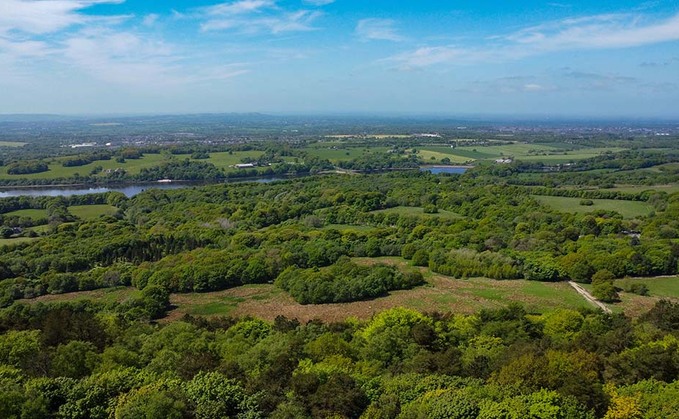
Sector councils have had to make tough decisions to deliver on levy payer priorities as AHDB faces a decline in the value of the levy, according to the board’s chief executive Tim Rycroft. Despite a...

Sector councils have had to make tough decisions to deliver on levy payer priorities as AHDB faces a decline in the value of the levy, according to the board’s chief executive Tim Rycroft. Despite a...